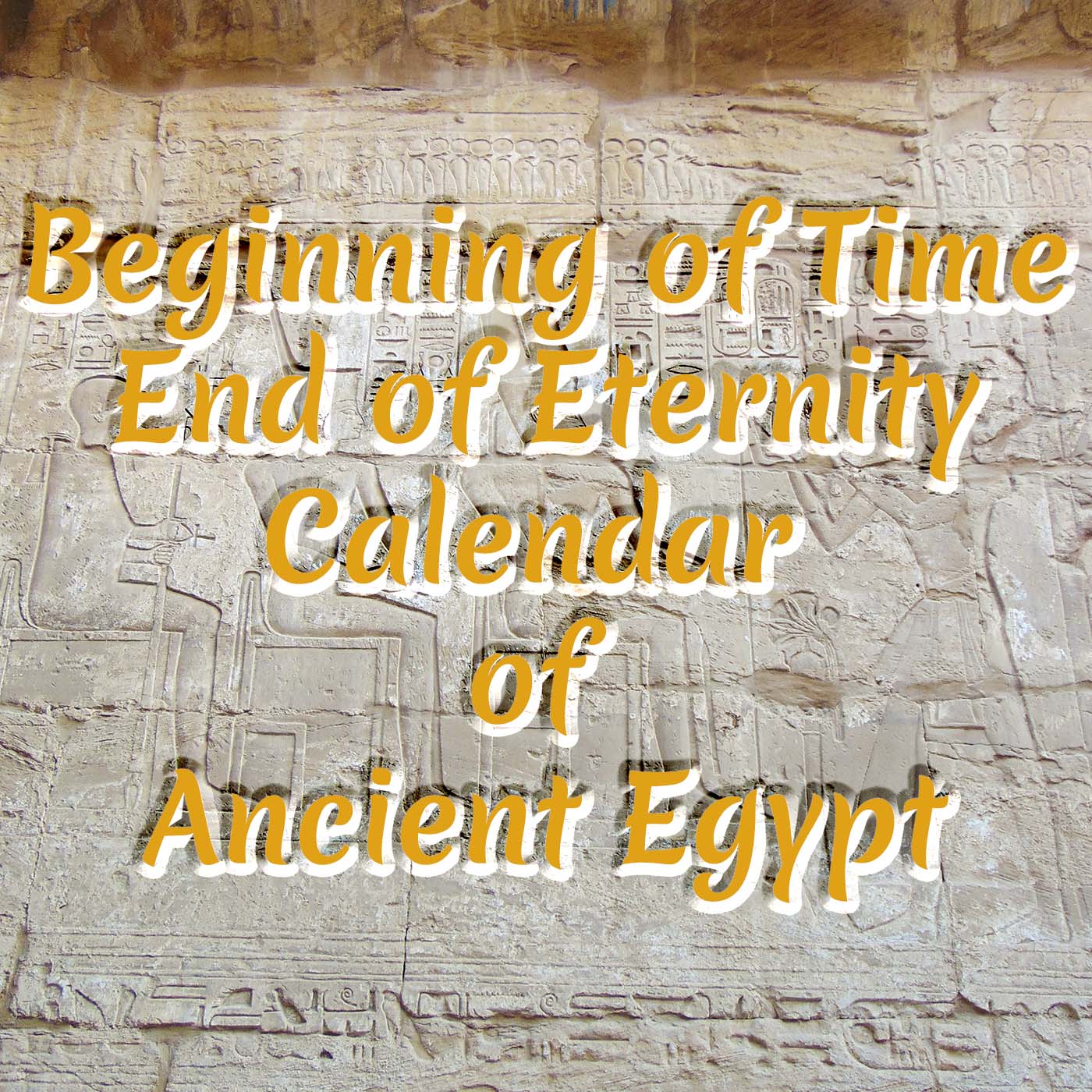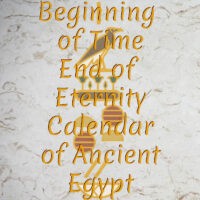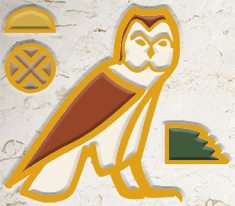
Beginning of Time ~ End of Eternity – Calendar of Ancient Egypt: 2nd Month of Inundation – Cloth
The full-length episode provides a detailed account of the ancient Egyptian calendar, specifically focusing on the second month of the inundation season, known as the “Month of Cloth” (mnxt). This month is significant for its cultural, religious, and agricultural activities, including festivals, rituals, and the production of cloth from flax.
Key Highlights:
Start of the Month: The month begins on August 18th, marked by the heliacal rising of Sirius (spdt). The first day celebrates the Hb mnxt (festival of cloth) and honors Ptah, the patron deity of artisans and manufacturers.
Cloth Production: Flax (mHy) was cultivated during the flood season (prt), processed during Smw, and transformed into cloth through labor-intensive methods. High-quality flax was used for royal garments, while lower-quality flax was for common use.
Festivals and Deities:
Opet Festival: A major celebration involving processions of Amun-Ra, Mut, and Khonsu, renewing the pharaoh’s divine power.
Ptah: Patron deity of the month, associated with creation, artisanship, and stability.
Other Deities: Horus, Osiris, Isis, Sobek, Hathor, Anubis, and others are honored through various rituals and festivals.
Daily Observances:
Each day is categorized as “Good” or “Combative,” with specific rituals, offerings, and predictions for those born on that day.
Significant days include the festivals of Osiris, Horus, Montu, Hathor, and others, with offerings of bread, beer, oxen, and flowers.
Mythological and Philosophical Insights:
Creation myths and cosmological theories are discussed, including parallels between ancient Egyptian beliefs and modern quantum physics concepts like dark matter and energy.
End of the Month: The final day celebrates Horus of Edfu and concludes with the procession of Harsomtous, marking the transition to the next month.
The full-length episode explores ancient Egyptian culture, blending mythology, astronomy, agriculture, and religious practices.


